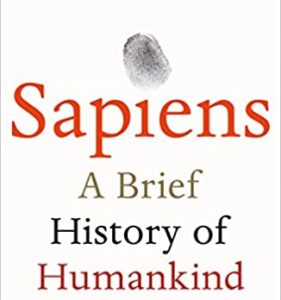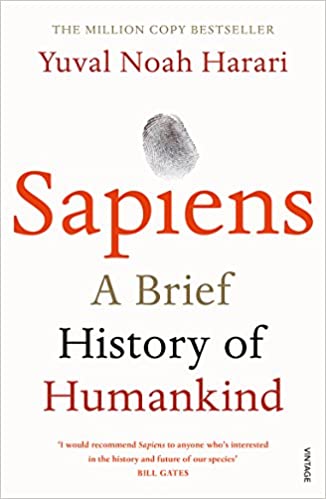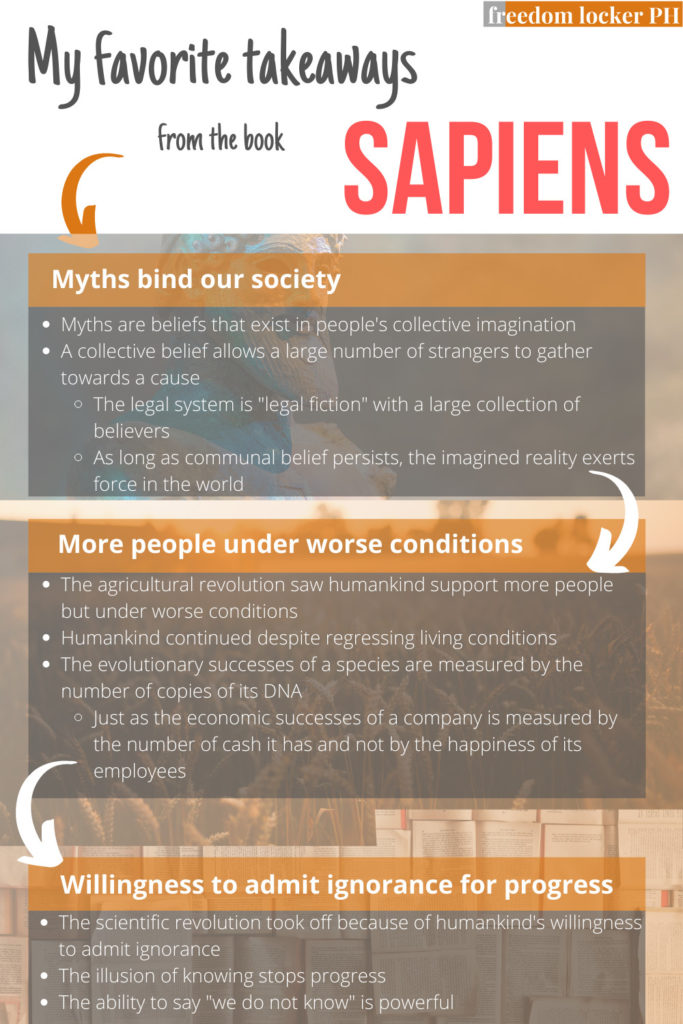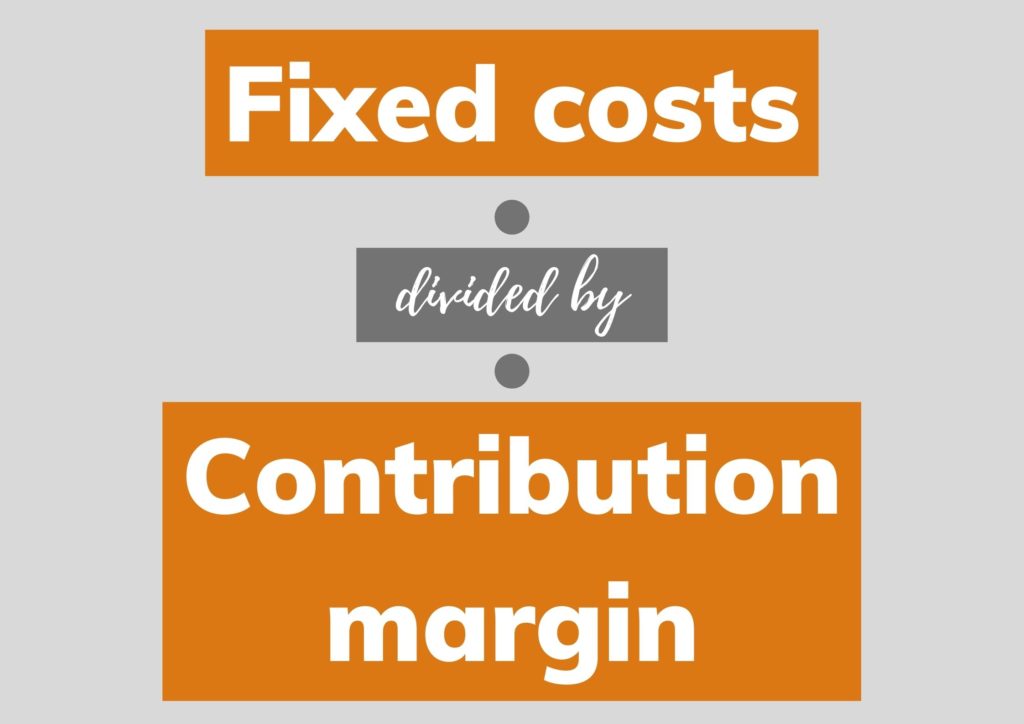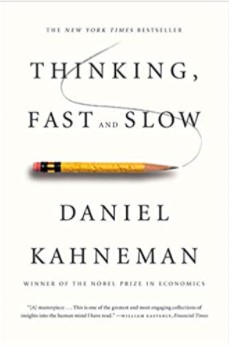I don’t believe there’s the best book. Our choices will depend on what we’ve read in the past, our experiences, and the biases we choose. This means timing plays a part. Most books today regurgitate the same contents and I could’ve easily read Guns, Germs, and Steel: The Fates of Human Societies and have the same mindset shift. But to me, that book was Yuval Noah Harari’s Sapiens: A Brief History of Humankind.
Here are my favorite takeaways from the book.
Myths bind our society
Myths are beliefs that exist in people’s collective imagination. It is this collective belief that allows a large number of strangers to gather towards a cause.
It’s easy to see how “primitives,” even of today, stick to their social order by believing in ghosts and spirits. What’s more challenging to see is how the legal entities created by the law are in fact just fiction. A corporation can do business like a normal person because we believe in the legal system. Does the corporation really exist? What does the primitive think of the corporation? What explains the legal differences among different jurisdictions?
Myths aren’t lies. Yuval calls them an “imagined reality” or “social constructs.”
As long as this communal belief persists, the imagined reality exerts force in the world.
More people under worse conditions
The agricultural revolution saw humankind support more people but under worse conditions. Why did we carry on when it was causing living conditions to regress? Yuval argues it’s because the evolutionary successes of species are measured by the number of copies of its DNA — just as the economic success of a company is measured by the number of cash it has and not by the happiness of its employees.
Let’s continue with the same company analogy. It’s good business practice to keep your employees happy as they, in turn, help you generate more profit. So why didn’t humankind take a step back to first improve living conditions and then push on with the agricultural revolution?
It is said that we did, but miscalculated severely (e.g., did not foresee the number of children would increase and resources would have to be shared with more, porridge would weaken the immune system, permanent settlements would be hotbeds for diseases, building granaries would tempt thieves, etc.).
The plan was to do a bit of extra effort in exchange for a bountiful harvest. The pursuit of an easier life, unfortunately, resulted in much hardship. It happens to us today.
Think of employees retiring when they’re 60.
Willingness to admit ignorance for progress
The scientific revolution took off because of humankind’s willingness to admit ignorance. Prior to the revolution, experts were sure of certain things like “the Earth is flat,” or that “the Earth is at the center of the universe.”
The ability to say “we do not know” is powerful.
Scientific breakthroughs took place with developments in math and proof through observation. That is why, to me, it’s best to question everything to gain a deeper understanding of anything. And this starts with knowing that you do not know.
There are a lot more noteworthy insights found in this book. I highly recommend getting yourself a copy. You may buy and download the ebook or audiobook at Amazon.
List of other book reviews here.
*This post contains affiliate links. You may read my affiliate disclosure on my Terms & Conditions page, #6 Links.
Read more, select a topic:


